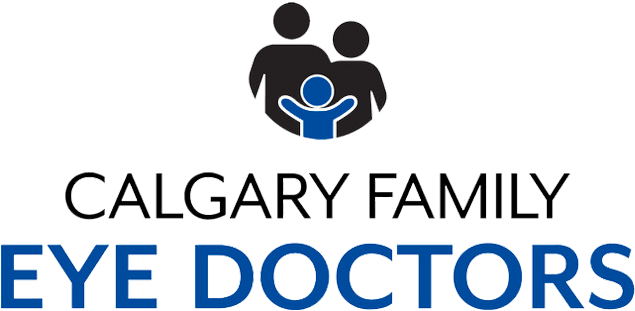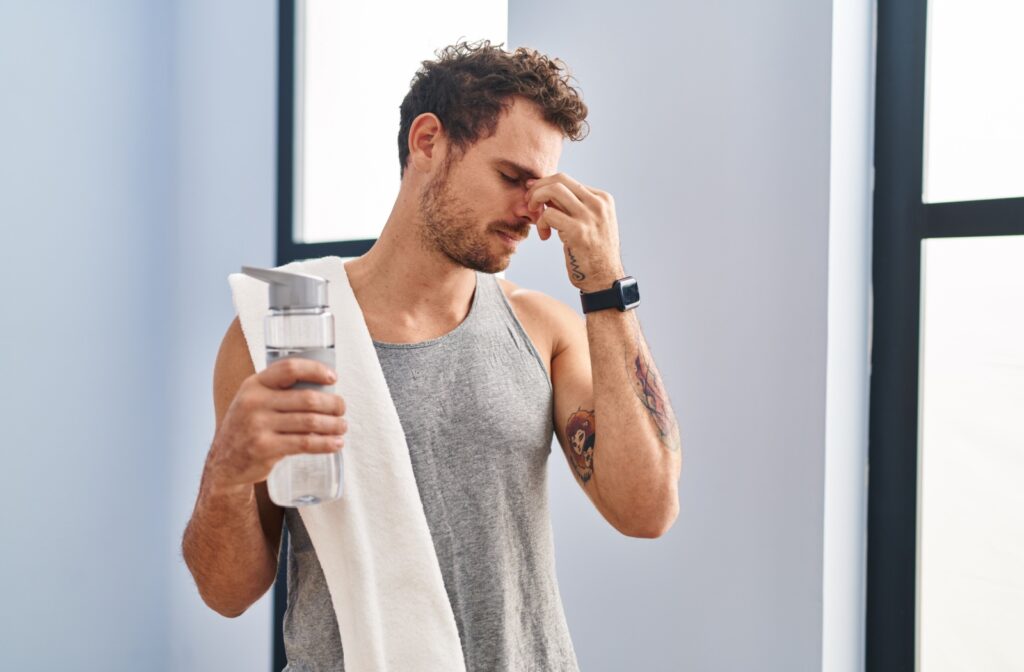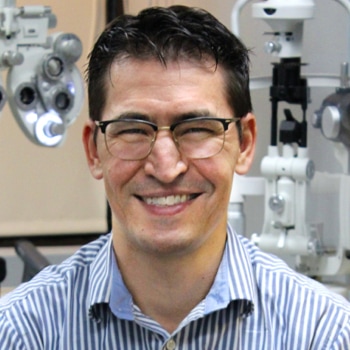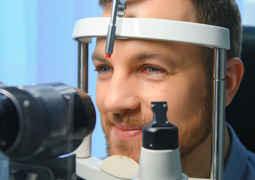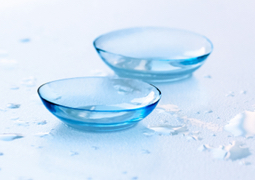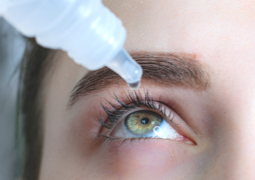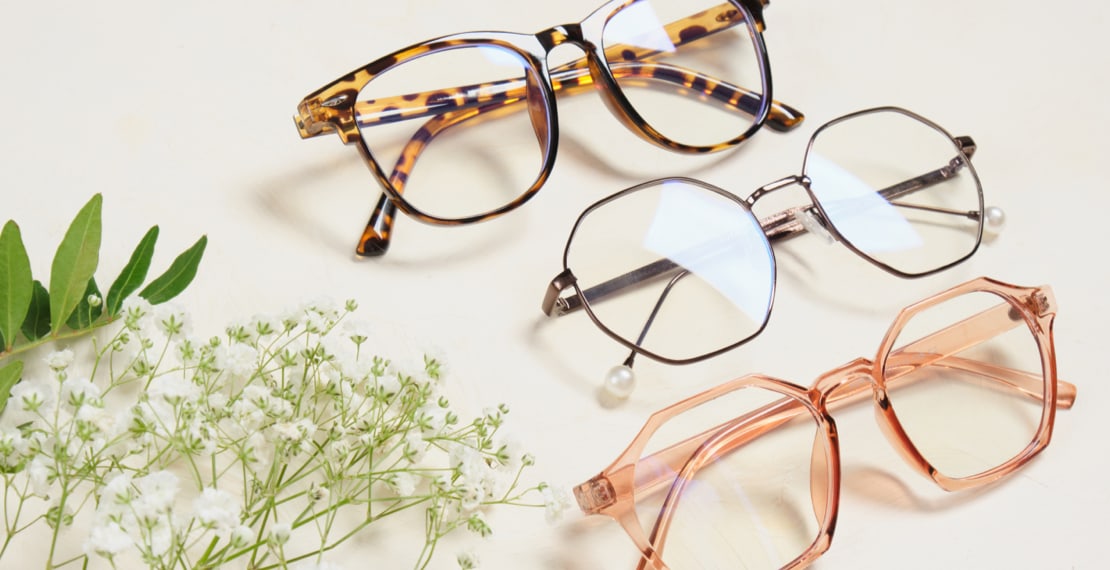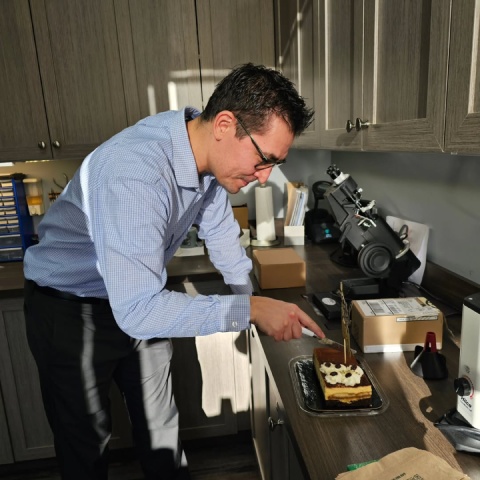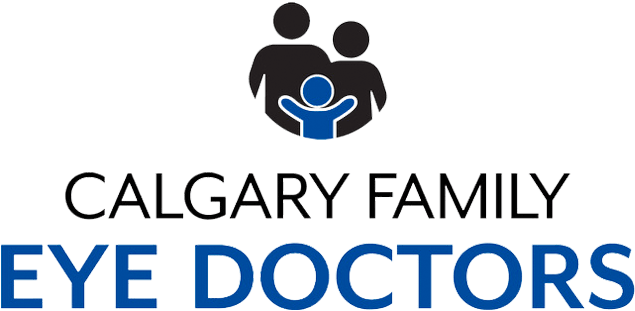Dry eyes occur when there is not enough moisture or lubrication on the surface of the eye. This can be caused by a variety of factors, including environmental conditions, medical conditions, and certain medications. Dehydration is one possible cause of dry eyes.
Dehydration occurs when the body loses more fluids than it takes in, which can happen due to excessive sweating, insufficient water intake, or illnesses that lead to vomiting or diarrhea. While dehydration itself may not directly cause dry eyes, it can exacerbate the condition. When dehydrated, the body may attempt to conserve fluids by reducing tear production. Tears are vital for keeping the eyes moisturized and comfortable, so a decrease in tear production can contribute to dry eyes.
Here are a few ways dehydration can worsen dry eyes:
- The body may produce fewer tears when dehydrated, which can lead to decreased moisture on the eye’s surface.
- Dehydration can trigger inflammation in the body, potentially affecting the tear glands and reducing tear production.
- A dehydrated body may struggle to flush out irritants or allergens from the eyes, resulting in irritation and dryness.
To help prevent dry eyes related to dehydration, it’s important to stay hydrated by drinking plenty of water throughout the day. If you’re engaging in activities that cause excessive sweating, such as exercise or spending time in hot environments, be sure to drink even more water to replenish lost fluids.
How to Prevent Dry Eyes
In addition to staying hydrated, there are other steps you can take to prevent dry eyes:
- Use a humidifier: If you live in a dry climate or spend a lot of time in air-conditioned or heated environments, using a humidifier can add moisture to the air and help prevent dry eyes.
- Take breaks from screens: Staring at screens for prolonged periods of time can lead to a decreased blink rate, which can contribute to dry eyes. Make sure to take regular breaks and follow the 20-20-20 rule – every 20 minutes, look away from your screen for 20 seconds at something at least 20 feet away.
- Use artificial tears: If your eyes are feeling dry, using over-the-counter artificial tears can provide temporary relief. Make sure to choose preservative-free drops and use them as directed.
- Consider omega-3 supplements: Omega-3 fatty acids have been shown to improve tear production and reduce inflammation in the body, potentially helping with dry eyes. Consult with your doctor before taking any supplements.
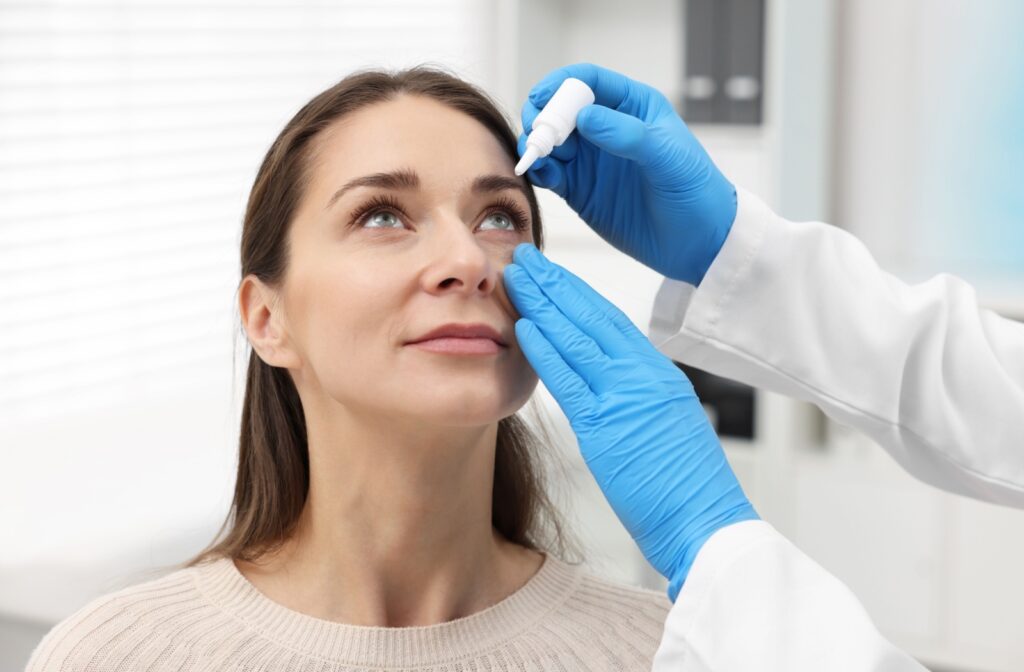
Professional Treatment Options
If your dry eyes are persistent and impacting your daily life, it may be time to seek professional treatment. Some options that an eye doctor may recommend include:
- Prescription eyedrops: There are prescription eyedrops available that can help increase tear production or reduce inflammation in the eyes.
- Punctal plugs: These small devices are inserted into the tear ducts to prevent tears from draining too quickly, keeping them on the surface of the eye for longer periods of time.
- Tear stimulators: In some cases, a doctor may recommend a device that uses tiny electric pulses to stimulate tear production in the eyes.
- Eyelid hygiene: Keeping the eyelids clean and free of debris can help with dry eye symptoms. An eye doctor may recommend a specific cleaning routine or prescribe medicated wipes for this purpose.
It’s important to communicate with your eye doctor about any symptoms you are experiencing and work together to find the best treatment plan for you. Don’t be afraid to ask questions and advocate for your eye health.
Other Factors That Can Contribute to Dry Eyes
Aside from environmental factors and health conditions, there are other lifestyle choices that can contribute to dry eyes. These include:
- Screen time: Spending long periods of time looking at screens can lead to decreased blinking and increased evaporation of tears.
- Contact lens use: Wearing contact lenses for extended periods of time or not properly cleaning them can cause dry eye symptoms.
- Medications: Certain medications, such as antihistamines and decongestants, can decrease tear production and contribute to dry eyes.
- Environment: Living in a dry or windy climate can also exacerbate dry eye symptoms.
It’s important to be aware of these potential contributing factors and make necessary adjustments to improve your eye health.
Combat Dry Eyes with Comprehensive Eye Care Solutions in Calgary
While dehydration may not be a direct cause of dry eyes, it certainly can exacerbate the condition. Adequate hydration is crucial for maintaining the overall function and health of all bodily systems, including the production of tears. Always remember to consult with your eye care professional to determine the best course of action tailored to your individual needs.
At Calgary Family Eye Doctors, we are dedicated to providing comprehensive eye care and treatment for dry eyes. Contact us today to schedule an appointment and discuss any concerns you may have about your eye health. Don’t let dry eyes impact your daily life – take steps to stay hydrated and maintain healthy tears.
